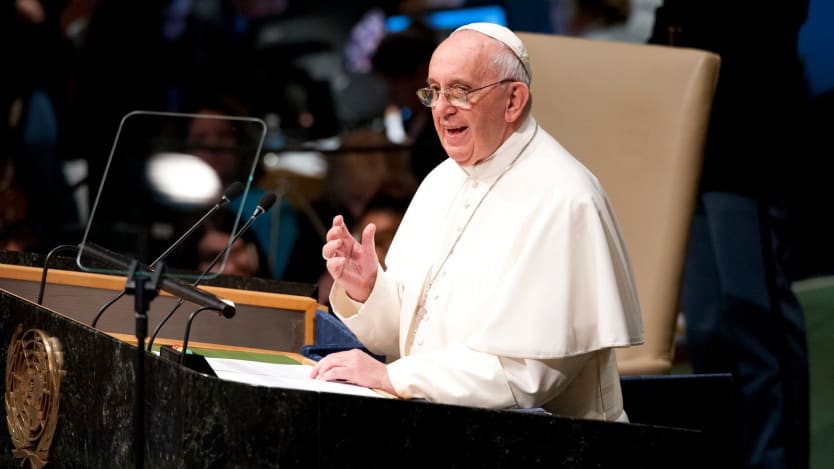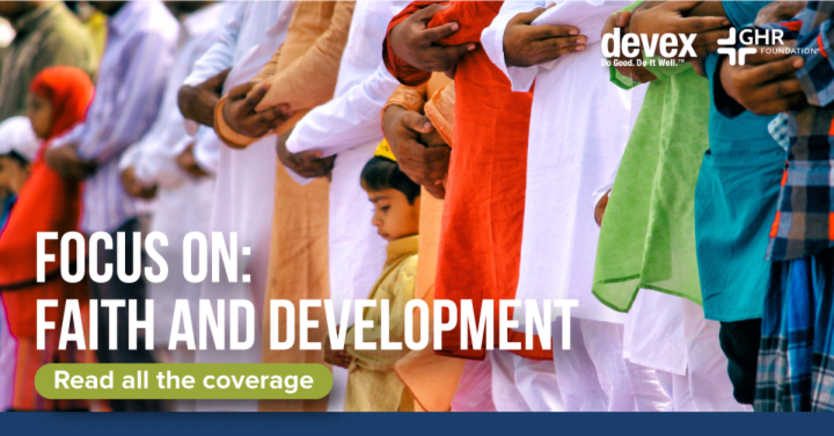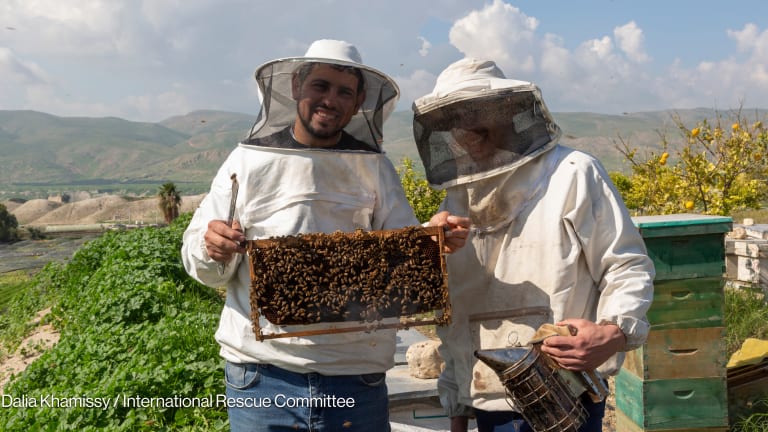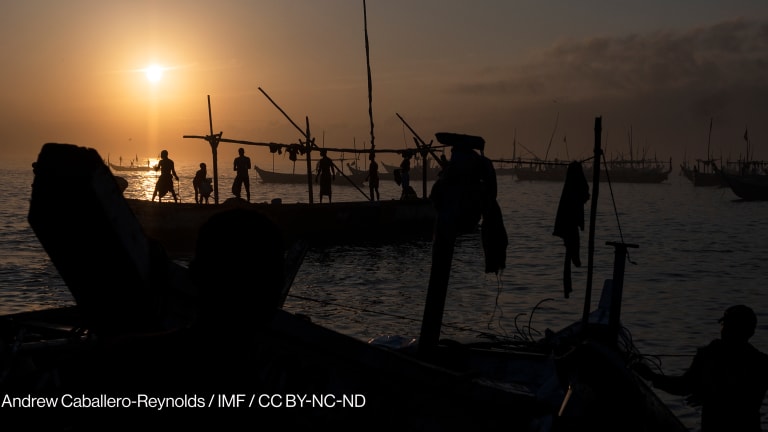
Countless words have been written on the coronavirus pandemic, and there are a few chapters yet to be completed. It is within this context — looking forward — that the lack of a coordinated global response to COVID-19 is especially distressing. The result is a disproportionate impact on the lives of the poor, with millions of people suffering unnecessarily.
As Pope Francis recently set out in his vision for a post-coronavirus world, political and economic institutions must be reformed to address the legitimate needs of the people most harmed by the virus.
The key questions to ask are: Who are these people, and what are the issues that are affecting them most dearly?
Communities in low- and middle-income countries around the world are reporting growing evidence of increases in vulnerability to human trafficking and in hunger.
COVID-19 has led to a rise in the factors that drive human trafficking, such as unemployment and domestic violence. Catholic sisters — women who have taken vows in a religious institute dedicated to ministering to the needs of society — recently launched a campaign to draw public attention to these global challenges, showcasing the realities of life in communities from Brazil to Kenya and Cambodia to India.
These women are uniquely placed to raise the alarm because they are at the center of community development efforts around the world, helping to address the most pressing issues brought about by the pandemic in many poor communities.
The increase in sexual exploitation of children, women, and adolescents online is especially alarming. And four years ago, 40.3 million people were enslaved in the world, with 1 in 4 of these being children. However, the evidence being put forward by sisters suggests that this number is a grim underestimation.
Sisters do not have all the answers, but we do have direct insight on what has improved outcomes for those living in some of the world’s most vulnerable communities.
—One report suggests that around 25,000 survivors of human trafficking may now be safer and almost 200,000 people helped through prevention and awareness-raising activities because of the work of the Catholic sisters. These numbers do not solve the problem, however, as COVID-19 has also made trafficking harder to track, because those being exploited are increasingly isolated from the support systems designed to protect them.
Hunger is an additional challenge and now the most acute issue facing LMICs. A report by the Food and Agriculture Organization, UNICEF, the World Health Organization, and other United Nations agencies estimates that as many as an additional 130 million people may go hungry in 2020 as a result of the pandemic. We are seeing evidence of this on the ground.
As COVID-19 evolved from a public health crisis to an economic one, sisters around the world brought the issue of hunger to the attention of international donors — which in turn enabled them to provide direct relief to communities.
However, the long-term challenge lies in addressing the root causes of inequality, which is born out of a sick and profoundly unequal global economy. Here, the pope again offers direction.
Ever since the first major mission statement of his papacy in 2013, he has consistently rejected “trickle-down” economic theory, saying it simply doesn’t achieve what it claims. Bringing us back to the present, his encyclical letter “Fratelli Tutti” argues that “It is imperative to have a proactive economic policy directed at ‘promoting an economy that favours productive diversity and business creativity’ and makes it possible for jobs to be created and not cut.”
Focus on: Faith and Development
This series illuminates the role faith actors and their communities play in strengthening global development outcomes.
This is, in my view, undoubtedly the right long-term strategy to pursue. It is the responsibility of political and economic institutions to act, but where are the ambitious and credible proposals for job creation schemes being put forward?
The meeting of G-20 governments in November may now be our best bet for collective action, but the pandemic response by the group of rich and developing nations has so far done nothing but underwhelm.
While we wait for governments to act, there is a huge job to do in continuing to address the short-term needs of the most vulnerable. For this, the international response to COVID-19 needs to be more agile and more sensitive to local communities, with resources directed to those most in need. Human trafficking and hunger are absolutely key issues, though not the only ones.
Sisters do not have all the answers, but we do have direct insight on what has improved outcomes for those living in some of the world’s most vulnerable communities. And we know that the world needs to stop, pay attention to the reality of the situation, and come together to act.
Our simple request is that those in power stop for a moment to listen to the women on the front line.
Devex, with support from our partner GHR Foundation, is exploring the intersection between faith and development. Visit the Focus on: Faith and Development page for more. Disclaimer: The views in this article do not necessarily represent the views of GHR Foundation.









